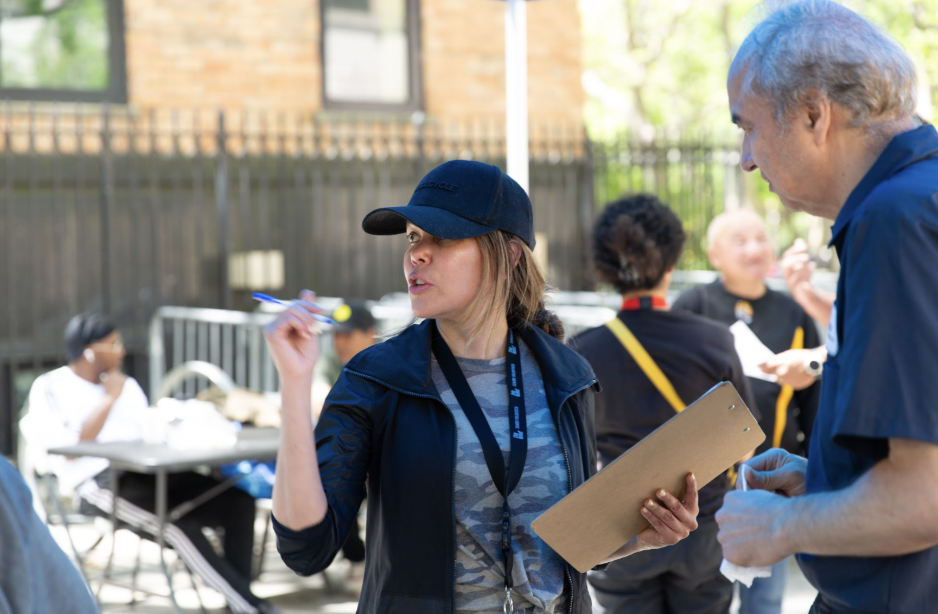“You get what you get and you don’t get upset” … even if your health depends on it
I have a friend I met on the streets years ago who I'll call Sean. He's a short man in his fifties with dark hair and a joy that radiated love and warmth to everyone around him. Every time I saw him, Sean would call my name and insist on a hug (I'm not a hugger, but I made an exception for Sean). His smile could lift your whole day.
But a few months into the COVID-19 pandemic, I ran into him again, and he barely lifted his head.
I asked if he was okay. He told me he'd just been diagnosed with diabetes and couldn't find any food he could safely eat. The soup kitchens and pantries were still serving, but mostly white bread, noodles, pastries, and sugary drinks. All the stuff his body couldn’t handle.
To make things worse, his best friend found a spot to quarantine indoors, but there was only room for one. So Sean was back to sleeping on the sidewalk on 31st Street alone, cold, and scared of the rats and roaches.
We got him indoors quickly, but his health still spiraled. Because even with a roof over your head, it’s almost impossible to recover if you don’t have access to the food your body needs.
That's the reality for so many low-income New Yorkers. Food might be available, but there's no real choice. You eat what's handed to you, or you don't eat. Whether or not it aligns with your dietary needs or medical conditions doesn't matter. We often treat low income and unhoused neighbors the same way we treat preschoolers: "You get what you get, and you don’t get upset."
This is what we mean when we talk about food insecurity. It's being trapped in a cycle of meals that can hurt more than help. If you have diabetes, or high blood pressure, or a compromised immune system, but no kitchen, no fridge, no money, and no options, you're stuck.
The system tells people to take care of themselves, to get healthy, to work hard and move forward. But how can you do that when your meals come out of a bag, or a box, or a bin, designed to fill your stomach but not to sustain your body?
We often tell people to pull themselves up by their bootstraps. But as Dr. King said, that's a cruel thing to say to someone who has no boots. The same goes for food. If we expect people to get better, we have to give them the tools to do so. And that starts with real access to dignity, nutrition, and choice.
Next week, we'll talk about why cheap food is often the most expensive kind of all.
With gratitude,
Josiah Haken
City Relief, CEO

